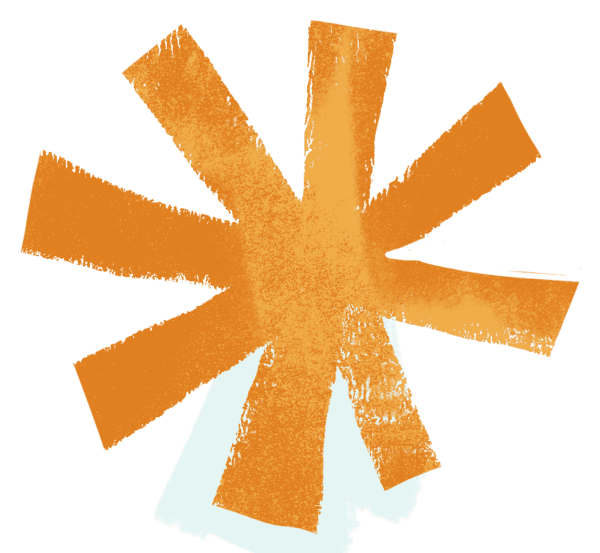Global 
Collectively Accelerating Equitable Futures For Learners
A conversation on Learning Reimagined: The Next Chapter and the role philanthropy can play in collectively accelerating equitable futures for learners
Global 
A conversation on Learning Reimagined: The Next Chapter and the role philanthropy can play in collectively accelerating equitable futures for learners
How can we collectively accelerate progress toward a more resilient, equitable future for learning? Where do the most critical areas for change lie, and what role should philanthropy play? These were some of the questions we explored as we dug into the insights in our new report, Learning Reimagined: The Next Chapter, at our fireside chat on September 18, 2024.
Our report, Learning Reimagined: The Next Chapter, is a follow-up to a report we released with IDEO.com in 2020, which explored the impact of COVID-19 on learners and education systems. With the pandemic now behind us, this report pulled from research and conversations with educators, policymakers, and advocates around the globe to explore where they saw opportunities to accelerate progress for learners. “How We Can Collectively Accelerate Equitable Futures for Learners,” was an opportunity for Strategic Advisor, Shauna Carey and Design Director, Alex Nana-Sinkam, along with IF’s Amy Klement to dig deeper into this report to share our learnings and insights and to discuss the current education landscape and equity from the lens of philanthropy and funding.
Alex highlighted the importance of a systems-change approach when thinking about how philanthropies can take tangible next steps: “As we analyzed our findings and research, it became really evident that addressing change effectively requires interventions at every level of the system and our key insights across the report really emphasize the importance of focusing on three different levels: individual, community, and system-level actions to drive meaningful change.”
Shauna provided insight into the problem of the reputation-to-resources gap, noting that since the pandemic, leaders felt like they were often given platforms to share their perspectives, but that the respect for their expertise didn’t always result in tangible support. She emphasized, “We know that valuing one’s expertise is a critical step towards shifting power, but that’s not where it ends. It’s a first step in an open door rather than a step through it.” She noted two strategies for funders to implement to ensure that proximate leaders hold power: 1) Creating measurable goals around repeatedly channeling resources to proximate leaders; and 2) Continually challenging the implicit bias that funders and philanthropists hold that can stall progress, especially when it comes to reexamining how things have been done and measured in the past.
Amy raised the importance of collaboration within the philanthropic sector, saying, “It’s becoming increasingly clear to us the changes we seek in this world for learners require collective action…This is an invitation to other funders that we are here, we’re ready and want to collaborate.” She elaborated on that point later on when speaking from her experience leading systems-change work at Imaginable Futures, sharing, “We are really seeing movement and are interested in philanthropic and cross-sector partnerships, knowing we can’t do this work alone.”

The conversation ended with Q&A. Noting the complexity of the education system, one audience member asked how to weigh knowledge of the education system and its structures with lived experience when determining which leaders to elevate.
It’s becoming increasingly clear to us the changes we seek in this world for learners require collective action…This is an invitation to other funders that we are here, we’re ready and want to collaborate.
Amy Klement